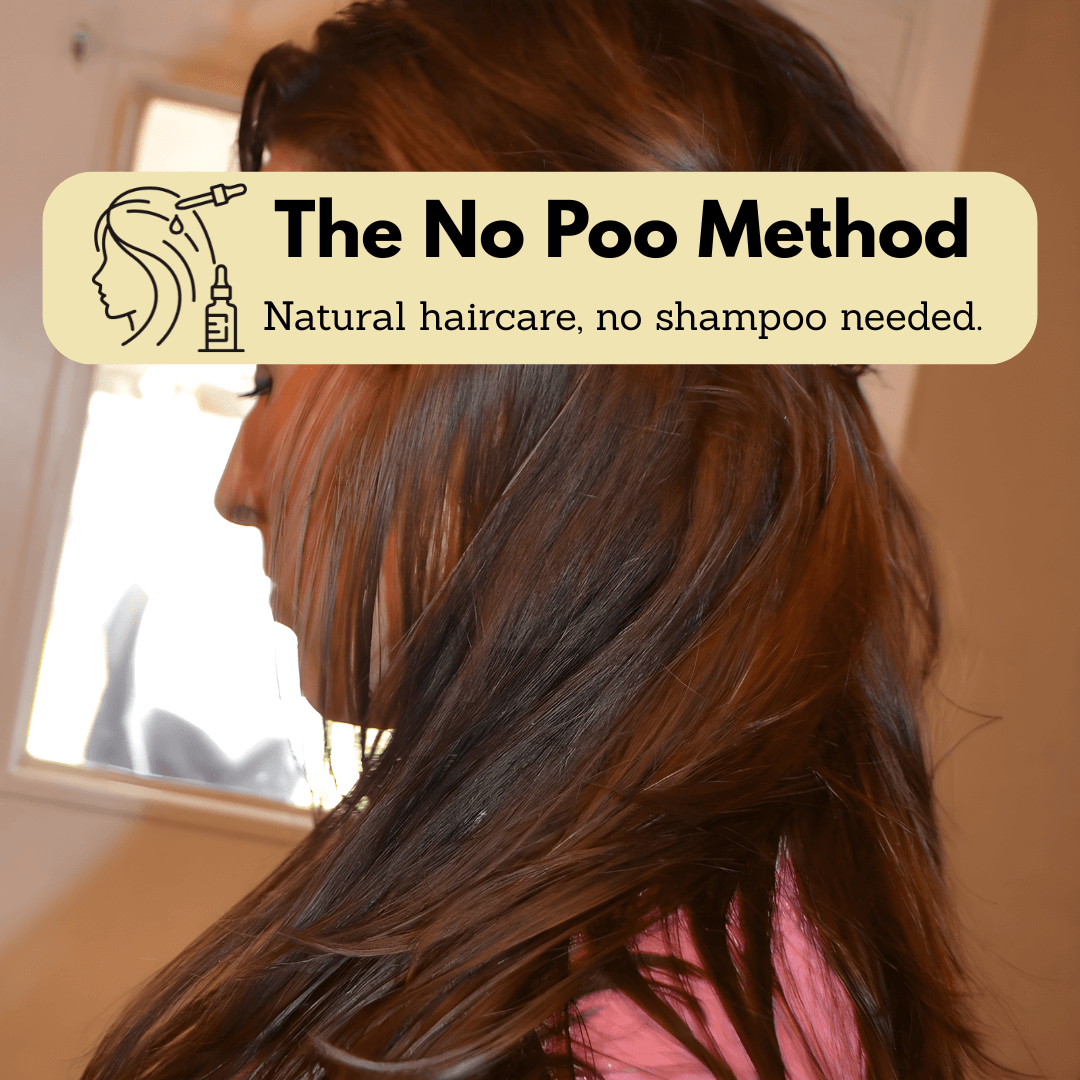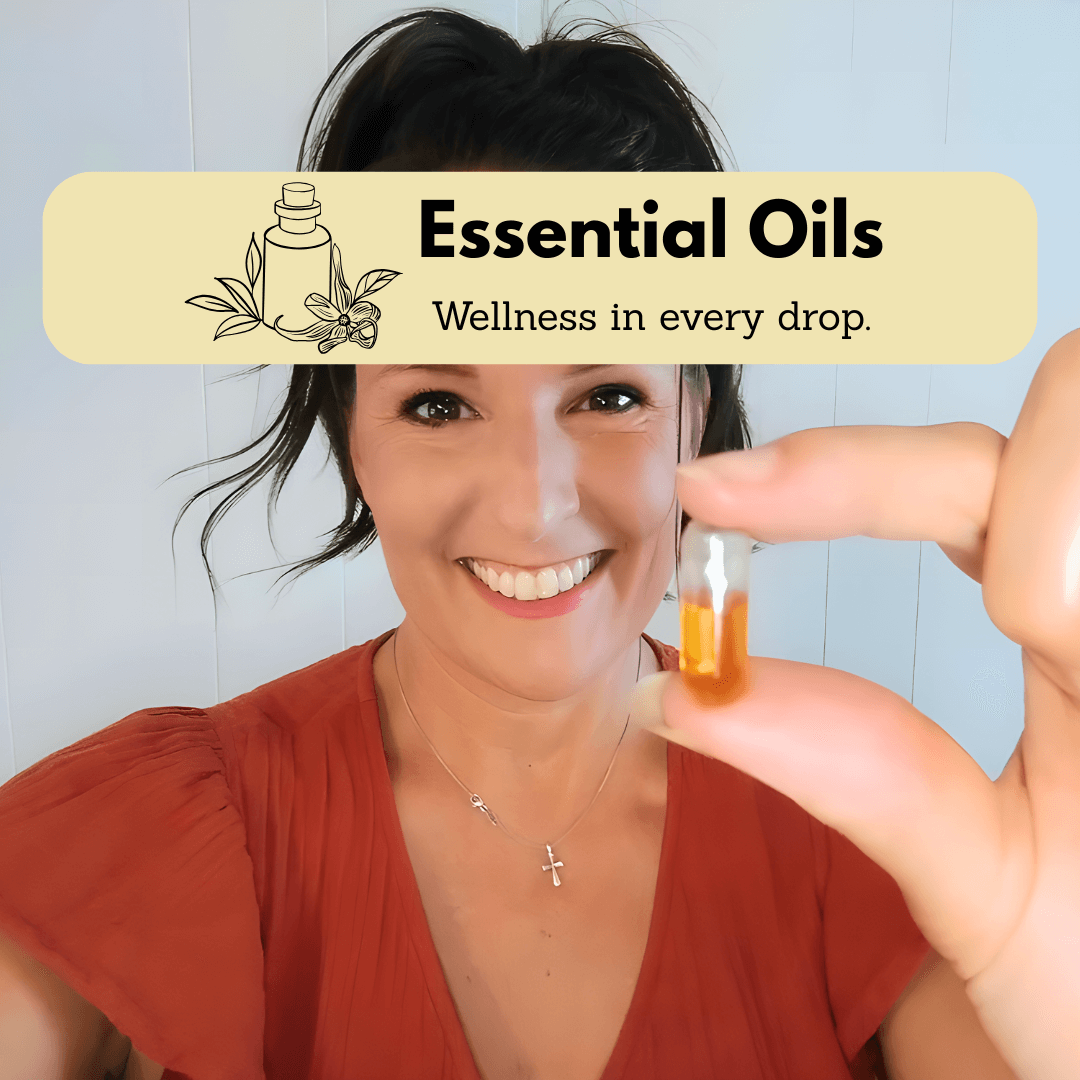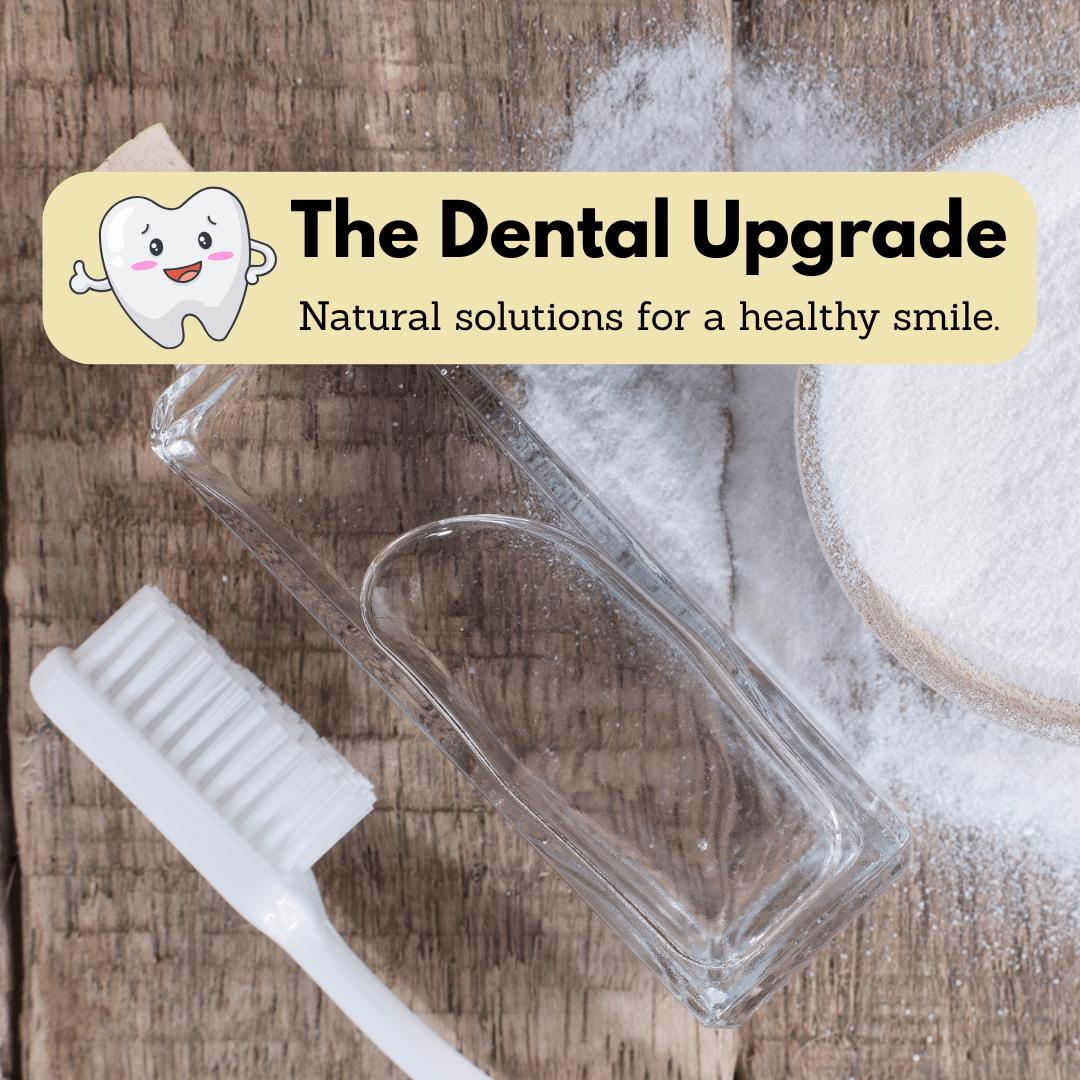
I use baking soda for a lot of things. A whole lot of things. Baking soda is a teeth whitener, toilet scrubber, face exfoliater, and more. There's not much that this natural powder can't do!
The Price Breakdown
If you have shopped for baking soda recently, you will notice a BIG price difference in brands. What's the difference between baking soda brands? Is there a difference? Is it worth the price? What is natural baking soda and why does it cost 4 times more?
- The natural baking soda brand (I use this one) is about $2.50 a pound.
- The "regular" brand (you know, the one in the orange box) is about $0.60 a pound.
The natural one is FOUR TIMES more expensive. WHY?!?! Is there such a thing as "quality baking soda?" Yep.
Why is the Natural Baking Soda More Expensive?
First, the aluminum debate. The orange box used to have aluminum in it. They do not have aluminum anymore. Occasionally, I run across an article that says they did an independent test and it tested positive for aluminum. But overall, the consensus is that all baking soda is now aluminum free. Baking powder, on the other hand, does contain aluminum in generic brands (this baking powder does not contain aluminum).
Here's the important part and why I splurge for the upgrade.
Baking soda is sodium bicarbonate. It's a natural occurring chemical reaction. The natural baking soda brand mines it directly from the natural source and bottles it.
They don't do anything to it, they sell the naturally occurring product.
The orange box, however, creates the sodium bicarbonate in a lab. It's a chemical process that starts with the same raw materials (trona ore found in sandstone and shale). It's just not the naturally occurring process. The process includes carbon dioxide and crystallization, things that happen when nature produces baking soda as well. So it isn't necessarily bad, it's just not, well "natural."
For a couple dollars extra, I splurge for the the all natural baking soda for everything except cleaning. The other is just not the same. I can tell a difference in the texture. The orange box is a little coarser. The natural brand is smoother.
When I'm using baking soda for skin care & DIY beauty, I want the smoother and more natural alternative.
How to Use Baking Soda for Skin, Hair, Teeth, & Beauty
Baking Soda, or sodium bicarbonate, is a natural and versatile product that can be used for personal care. Including:
Baking Soda Deodorant:
- Mix baking soda with water to create a paste and apply to underarms to neutralize odor.
- See my full diy deodorant recipe here
Baking Soda Toothpaste:
- Mix baking soda with water to create a paste and use as toothpaste to clean teeth and freshen breath.
- See my full diy toothpaste recipe here
Baking Soda Mouthwash:
- Add baking soda to your mouthwash to balance pH levels
- Learn how to make a custom mouthwash for your needs here
Baking Soda Facial Scrub & Exfoliant:
- Mix baking soda with water or your favorite facial cleanser to create a gentle exfoliating scrub.
- Get facial and body scrub recipes here
Baking Soda Shampoo:
- Mix baking soda with water to create a paste and use as a clarifying shampoo to remove build-up and excess oil from the scalp.
- See all my natural hair care tips including how I use baking soda here
Baking Soda Foot Soak:
- Add a tablespoon of baking soda to a foot spa or basin of warm water and soak feet to soften calluses and eliminate odors.
How to Use Baking Soda for Cleaning:
Baking soda is also a versatile household cleaner that can help you tackle a wide range of cleaning tasks. Baking soda is a safe and natural cleaning alternative. However, be sure to test it in an inconspicuous area first to ensure it won't damage the surface you're cleaning.
Baking Soda Kitchen & Bath Soft Scrub:
- If you want a sparkling clean home without the harsh chemicals found in commercial cleaners, I gotcha! This DIY kitchen and bath soft scrub recipe is all natural, easy to make, inexpensive, versatile, multipurpose, and effective. You can use it on sinks, tile, counters, toilets, bathtubs, stove tops.....anywhere that needs a little scrubbing power.
- Get the recipe here.
Baking Soda Carpet Deodorizer:
- Sprinkle baking soda on carpets and rugs to absorb odors. Let it sit for 15-20 minutes before vacuuming it up.
Baking Soda Laundry Booster:
- Add 1/2 cup of baking soda to your laundry to help brighten and freshen your clothes.
- I use this laundry detergent.
Get a free copy of The Beauty Remix!
If you love these tips and recipes & want more like it, click here to get a free copy of my eBook The Beauty Remix! Loaded with DIY recipes you'll love!
Pin this article to save it for later!
Also check out:
 |  |  |
 |  |  |


































